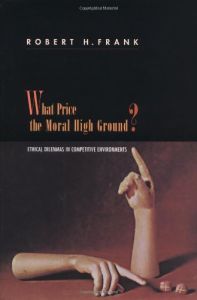
What Price the Moral High Ground?
Ethical Dilemmas in Competitive Environments
Read or listen offline
Amazon KindleRecommendation
Why are prison stripes the new fashion trend sweeping the ranks of executives caught pulling cheap tricks on Wall Street? Read Robert H. Frank’s book to find out, although it is probably too theoretical to have an immediate influence on business practices. Frank offers a timely, penetrating critique of the contemporary social-science notion that rational people always act out of self interest, without charitable or moral inclination. Frank shows why this dangerously simple-minded approach to human nature threatens to diminish further the moral standards of the West, which are already about as ugly as that frog you dissected in high school biology. Be forewarned, this is a philosophical presentation. It is not a practical volume filled with profit-making, cheerful case studies. If that’s what you’re looking for, just drop the cover price into your legal defense fund. In hopes that Frank’s ethical treatise will have a strong influence over time, getAbstract highly recommends it to those seeking a solid theoretical basis for simply doing the right thing.
Summary
About the Author
Robert H. Frank is the Henrietta Johnson Louis Professor of Management and the Goldwin Smith Professor of Economics, Ethics and Public Policy at Cornell University. He is the co-author of The Winner-Take-All Society, and the author of Microeconomics and Behavior and Luxury Fever.







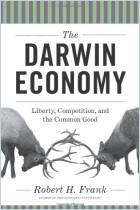


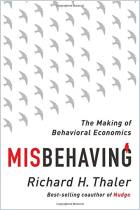
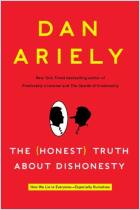
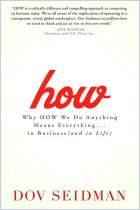

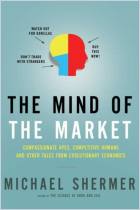





Comment on this summary or Démarrer une discussion